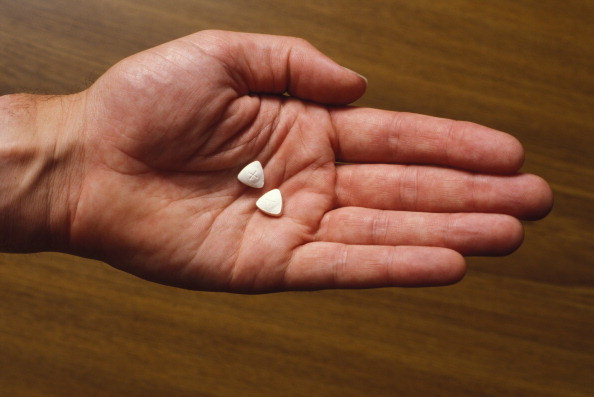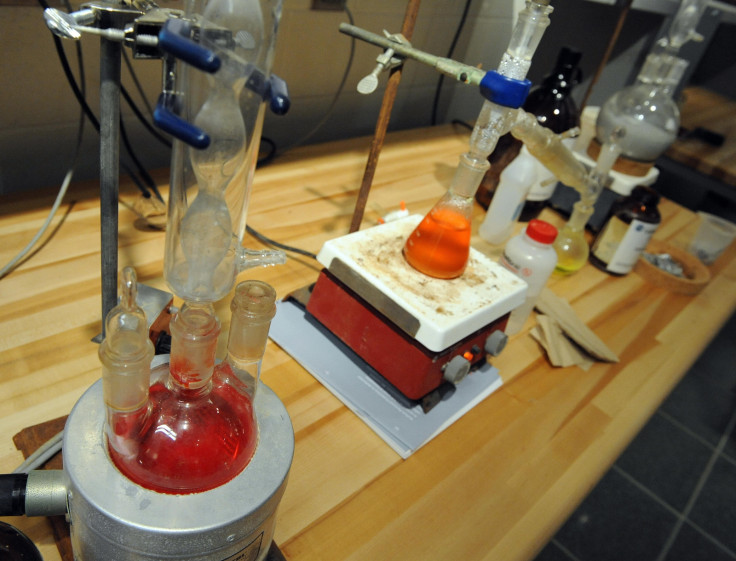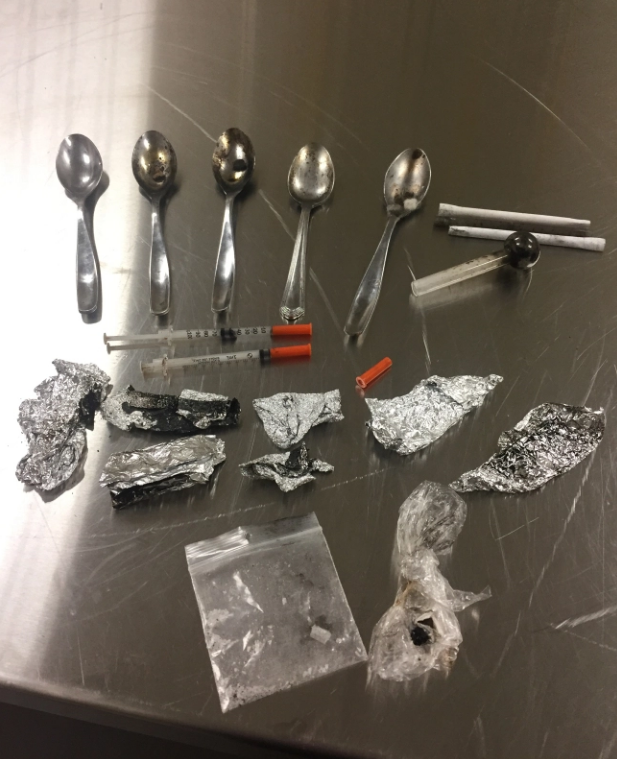Can recreational drugs be good for you?
Surgeons take psychoactive substances to improve their alertness and it may be safer than lots of coffee.

A growing number of healthy people are taking illegal or off-label psychoactive substances, but very little is known of their long-term effects. A new study questions whether the benefits of taking such drugs outweigh the risks for many users.
The people who are increasingly using psychoactive substances are not just the stereotypical injecting drug user or vulnerable addict that might spring to mind when the term 'recreational drugs' comes up. They range from surgeons taking smart drugs to improve their alertness to 'psychonauts' who read up on all the latest research before embarking on journeys of inner discovery, write the authors of a review published in the British Journal of Pharmacology.
"There's this amazingly large increase of the use of these drugs in young people," study author Barbara Sahakian of the University of Cambridge told IBTimes UK. "It's a real phenomenon."
This is changing the face of society, as well as what is socially acceptable. The risks of many psychoactive drugs are certainly high – the opioid epidemic in the US takes a disastrous toll on many families, and is still on the increase. A recent study found that heroin use in the US has boomed fivefold in a decade.
But some of the perceived benefits of certain other psychoactive drugs are backed up by a sizeable body of scientific evidence.
"There are a wide range of studies on the 'smart drug' Modafinil, for instance," Sahakian said. "The British Medical Association has said that it has moderate effect sizes in improving cognition in healthy people. So certain drugs have a good evidence base for their use."
But most of these studies are short-term, and the longer-term effects are still not known. Given their prevalence and easy availability online, this is a problem.
"We can do short-term studies where you have a double-blind control with a placebo. But those are one-off studies," she said. "What it is difficult to get permission for is longer-term studies, looking at chronic treatment with these drugs."

Sahakian recently made a proposal to do a longer-term study on Modafinil but was rejected by the ethics committee reviewing the proposal. She and her colleagues want to investigate whether Modafinil might be the safest drug for surgeons who have to work long shifts at night.
"It may be a better cognitive enhancing drug for keeping people awake and alert for longer, and might not have some of the side effects of caffeine.
"Surgeons might often take lots of coffee to stay awake and that has a lot of caffeine, but they get hand tremor or headaches or other unpleasant side effects. If you find a better drug for people who have to do shift work, for example when someone needs an operation at night."
In the US, Modafinil is already approved for both narcolepsy and also for sleep-disturbance due to shift work, as it was found to reduce accidents in shift workers.

As well as longer-term studies, there is a lack of data on the effects of many of the newer psychoactive substances, sometimes known as legal highs, which are banned in the UK.
"People are buying these drugs over the internet, which worries me greatly," Sahakian said. "They don't consult doctors to see if it's safe for them, for example if they have high blood pressure or are taking other drugs. It would be better if people could do this in a safe way."
As well as more long-term research, there should be more public debate about the availability, benefits and risks of psychoactive substances, Sahakian said.
"I do wonder what society is like such that the pressures at work are pushing people down this route," she said. "We are in a highly competitive society where people are trying to get into best universities and this global pressure on people to perform all the time."
© Copyright IBTimes 2025. All rights reserved.






















